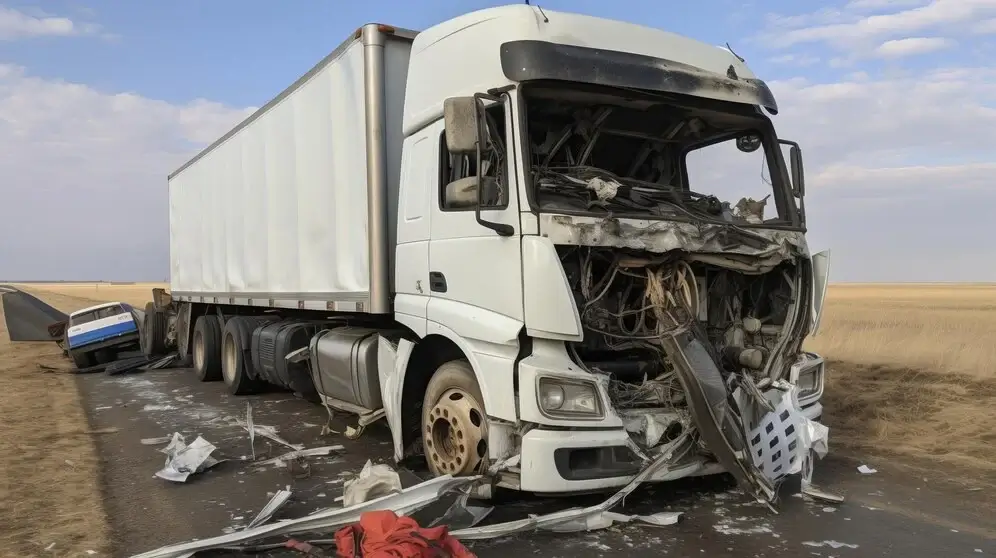personal injury lawyers
Fighting for maximum injury compensation for you and your family
No Fees Until We Win


What Questions Should I Ask A Truck Accident Witness?
Accidents involving trucks can be catastrophic, leaving victims in a maze of confusion. Gathering information from witnesses is crucial to understanding what transpired.
If you find yourself needing to interview a witness to a truck accident, asking the right questions is key.
In this guide, we’ve compiled the top 10 questions to ask a truck accident witness, shedding light on the incident and aiding in legal proceedings.

Top 10 Questions to Ask a Truck Accident Witness
When seeking information from a witness to a truck accident, it’s crucial to approach the interview with a systematic and empathetic mindset.
Here are the top 10 questions to ask a truck accident witness, each designed to uncover essential details about the incident:
1. Can You Explain–in Your Own Words–What You Saw?
Start by encouraging the witness to narrate their perspective in simple terms. By doing so, you create an open space for them to share their observations.
This initial step sets the foundation for further inquiries, allowing the witness to recount the events in their own words.
2. What Were You Doing Just Before the Accident?
Delve into the witness’s pre-accident activities to establish their focus and attention.
Understanding their actions leading up to the incident provides context to their observations.
It also helps determine if any distractions might have influenced their account of the accident.
3. How Clear Was Your View of the Accident?
To gain a comprehensive understanding, assess the visibility conditions at the time of the accident.
Inquire about the weather, lighting, and potential obstructions that may have affected the witness’s line of sight.
This step is essential for evaluating the reliability of their observations.
4. Where Were You concerning the Accident?
Pinpoint the witness’s location with the accident scene. Establishing their proximity and angle offers crucial insights into their vantage point.
This information aids in creating a more accurate representation of the events as witnessed by the individual.
5. Can You Provide More Details About What You Saw?
Delve deeper into specific details, such as vehicle movements, speeds, and any unusual behavior.
Encouraging the witness to provide a more detailed account helps in uncovering nuances that might have been initially overlooked. This step enhances the overall clarity of the witness’s testimony.
6. What Did You Do After the Accident?
Understanding the witness’s immediate actions post-accident is pivotal. Inquire about whether they reported the incident or rendered assistance.
This step provides insight into the witness’s level of involvement and responsibility in the after-effects of the accident.
7. Did You Notice Any Other Witnesses Who Might Have More Information?
Explore the possibility of additional witnesses. Encourage the witness to recall if there were others present who might have a unique perspective on the accident.
This step broadens the scope of available information and helps corroborate accounts.
8. Do You Know Anyone Involved in the Accident?
Determine if the witness has any personal connections to the parties involved.
Uncover potential biases or conflicts of interest that may impact their testimony. Identifying personal relationships is crucial for assessing the objectivity of the witness’s account.
9. Do You Have Any Relevant Expertise?
Inquire about the witness’s background or expertise that could enhance the credibility of their account.
Assess if they possess knowledge in areas such as driving, safety, or accident reconstruction.
This step helps establish the witness’s qualification to provide informed observations.
10. Is There Anything Else I Should Know?
Provide an open-ended opportunity for the witness to share additional insights. Encourage them to express any thoughts or details they believe are significant.
This final question ensures that the witness has the chance to contribute any information that may have been overlooked in the structured questioning process.
Importance of Witness Contact Information
In the after-effects of a truck accident, obtaining contact information from witnesses is paramount.
This ensures accessibility for further clarification, deposition, or testimony if legal proceedings ensue.
Always collect names, phone numbers, and email addresses to facilitate ongoing communication.
What Not to Ask a Witness
While gathering information is crucial, it’s equally important to avoid inappropriate or leading questions that may compromise the witness’s credibility. Refrain from:
- Asking leading questions that suggest a preferred answer.
- Pressuring the witness to speculate on details they are unsure about.
- Using aggressive or confrontational language that may intimidate the witness.
Speak to an Experienced Truck Accident Lawyer
When faced with the complexities of a truck accident, seeking guidance from a seasoned legal professional is paramount.
Consulting with an experienced truck accident lawyer can provide invaluable assistance in processing the legal after-effects.
The expertise of a legal professional, such as the skilled team at Rosengard Law Group, ensures that your rights are protected and that you receive comprehensive support throughout the legal process.
They can help you decipher the complexities of the case, gather evidence, and advocate on your behalf, ensuring justice is served and rightful compensation is pursued.
FAQs
What should you do first when you witness an accident?
Ensure your safety and the safety of others. Call emergency services to report the accident. If it’s safe to do so, offer assistance to those involved.
What to ask a person who met with an accident?
Are you injured? Call for medical assistance if needed. What happened? Encourage them to share their account. Advise them not to admit fault and to seek legal advice.
Conclusion
In the after-effects of a truck accident, witness statements can be invaluable. By asking the right questions, you unravel the layers of the incident, gaining insights critical to legal proceedings.
Always approach witness interviews with empathy, seeking clarity without bias, and remember the importance of professional legal guidance in the complex after-effects of a truck accident.

Free Injury Case Evaluation
Send the form below and we will call you back in minutes.
…or Call Us Now
856-284-6446
